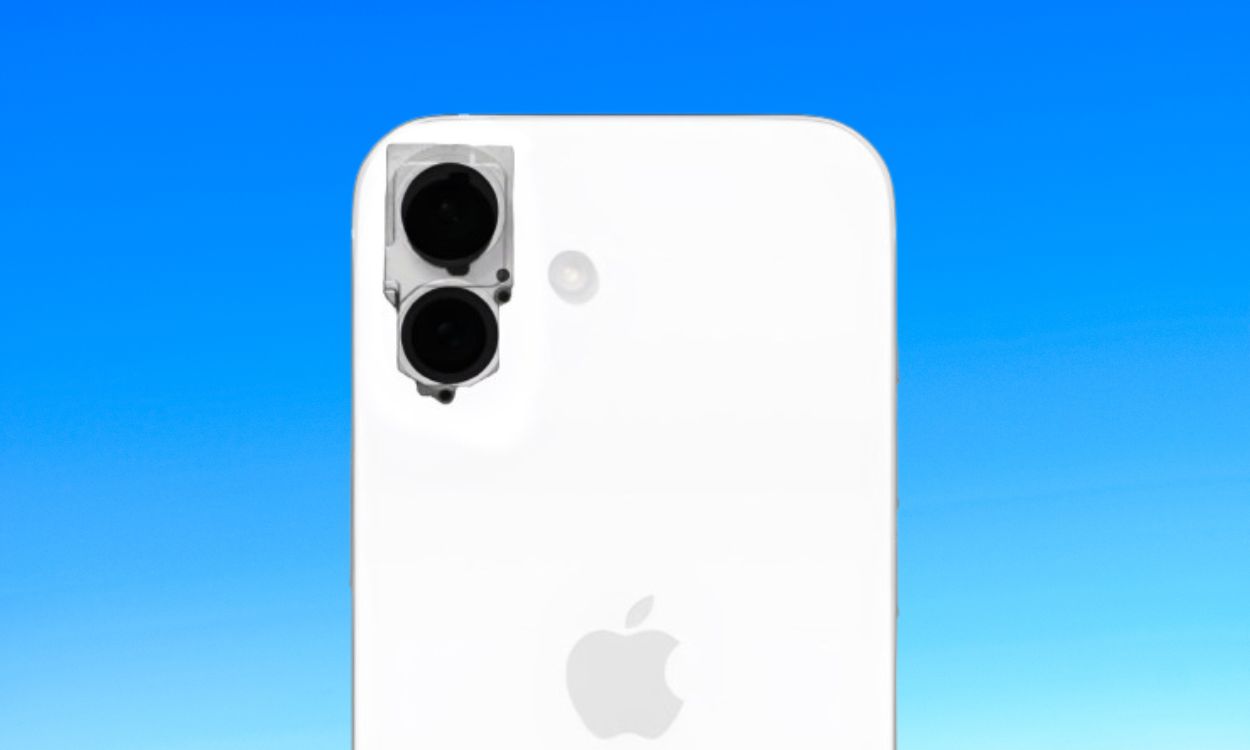We already have a lot of information on the iPhone 16 series along with the design and camera chassis expectations for the 2024 iPhones. And now, we might have gotten the first look at the iPhone 16 hardware. An X (aka Twitter) user Majin Bu shared an image of what appears to be the rear camera chassis for the vanilla model iPhone 16.
The image shows the vertical camera layout of the iPhone 16 model, a change that has already been rumored by multiple sources. Majin Bu user has a mixed track record and occasionally provide accurate information on the design of upcoming iPhones.
MacRumors independently verified the authenticity of the component design shared by the user. Through their industry sources, MacRumors confirmed that “the item featured in Bu’s post is the main camera chassis for the I-34 camera project, intended for use in the base model iPhone 16 set to be released later this year.”
Well, this recent X post corroborates with multiple sources concerning Apple’s plans to switch to a new camera layout for the iPhone 16 models. Several iPhone 16 prototypes have been leaked and hint at the design change. Also, there are strong rumors that Apple will align the cameras vertically, similar to what we’ve previously seen on the iPhone X or iPhone 12.
Currently, the vanilla model iPhone 15 and the iPhone 15 Plus feature a diagonal camera layout. By switching to the vertical camera layout, Apple might offer Spatial Video recording to the base model iPhone 16, expanding this exciting camera feature to the entire iPhone 16 range. With this feature, users can capture 3D video on their phones that can be viewed on Apple Vision Pro. As of now, only iPhone 15 Pro and 15 Pro Max can shoot Spatial Video.
Along with the redesigned camera layout, the iPhone 16 is expected to arrive with a redesigned Action Button and an additional Capture Button for shooting horizontal videos easily. What’s more exciting is the brand-new A18 chipset for the iPhone 16 and 16 Plus models. Therefore, users wouldn’t have to settle for the last-year chip.

